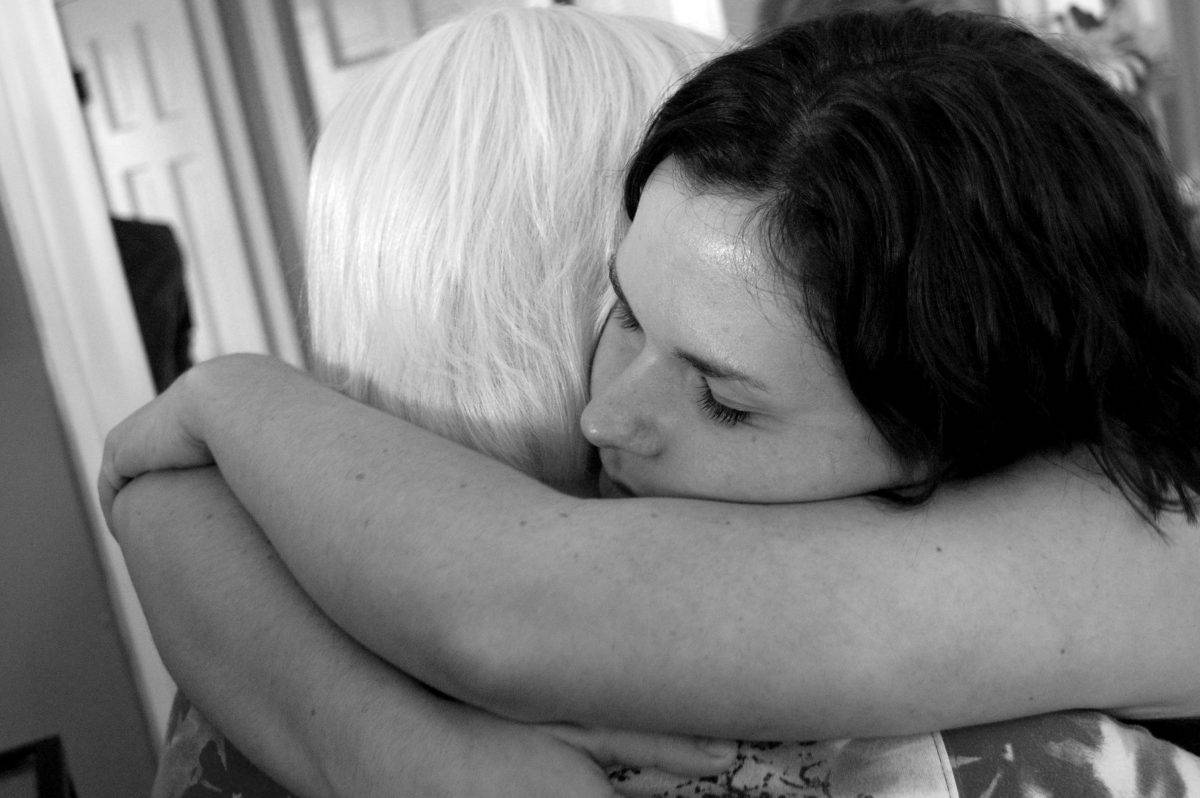Caregiving can be tough, especially when you’re unprepared or your senior or disabled loved one is resistant to care. However, it can be just as difficult if you let the past control your care giving present.
Our past interactions with loved ones can affect our responses to calls for care. A shaky relationship with a loved one can cause resentment during care giving, whereas a relationship filled with love and trust can create a loyal and loving care giving relationship.
Don’t hold on to past feelings such as neglect, mistrust and disappointment. Here are a few tips on how to approach care giving with self-sacrifice and love despite negative histories:
Remember the past, but don’t be held captive by it
There is value in remembering past pain because you can learn from it and grow, while also force you to protect yourself emotionally or even physically from being hurt again. However, it is important to see the value and not hold onto the pain without gaining insight and perspective. You may remember your loved one has neglected you in the past or even disappointed you, but with your loved one’s new vulnerability, you can see them in a whole new perspective. They may not be the same person they once were and may actually be open and grateful to receiving your care, because despite knowing that they might have hurt you, you are still somehow willing to care and love for them. This can expand your relationship and create new discussions about the past to promote healing and moving forward to a loving care giving relationship.
Focus on the positive memories
While you may have some painful memories of your loved one slighting, mistreating or neglecting you, most relationships have a mixture of good and bad memories. Focus on the pleasant memories rather than the bad ones. For example, you may have memories of your mother neglecting and ignoring you when you needed her most, but you may also remember times that she took you to your favorite park or played with you on a rainy day. Even if it’s little memories that seem insignificant, think about those little things and use them to help motivate you care for your loved one. This will allow you to focus less on resenting your loved one and focus more on care giving.
Do not focus on getting even
Many family members tend to decide not to care for their disabled loved one or elder because they felt mistreated and unloved. Don’t focus on trying to settle old scores, but rather focus on your own personal values. Would you truly feel as if justice has been served just because you decided to not care for your loved one? Would it truly make you feel any better or any more loved by them? Care giving is not about doing your loved one a favor because, ultimately, that way of thinking can lead to caregiver abuse and burnout (stress, depression, emotional or physical abuse, neglect, etc). That type of response will not erase the pain of your past relationship; therefore, it is better to rise above it and be the type of person you wish the loved one you’re caring for had been.
Care giving requires self-sacrifice, love and care. If you are interested in becoming a caregiver for a loved one, it is important to let go of past feelings. Release your past pain and move forward towards forgiveness and love in order to be a proper caregiver.



